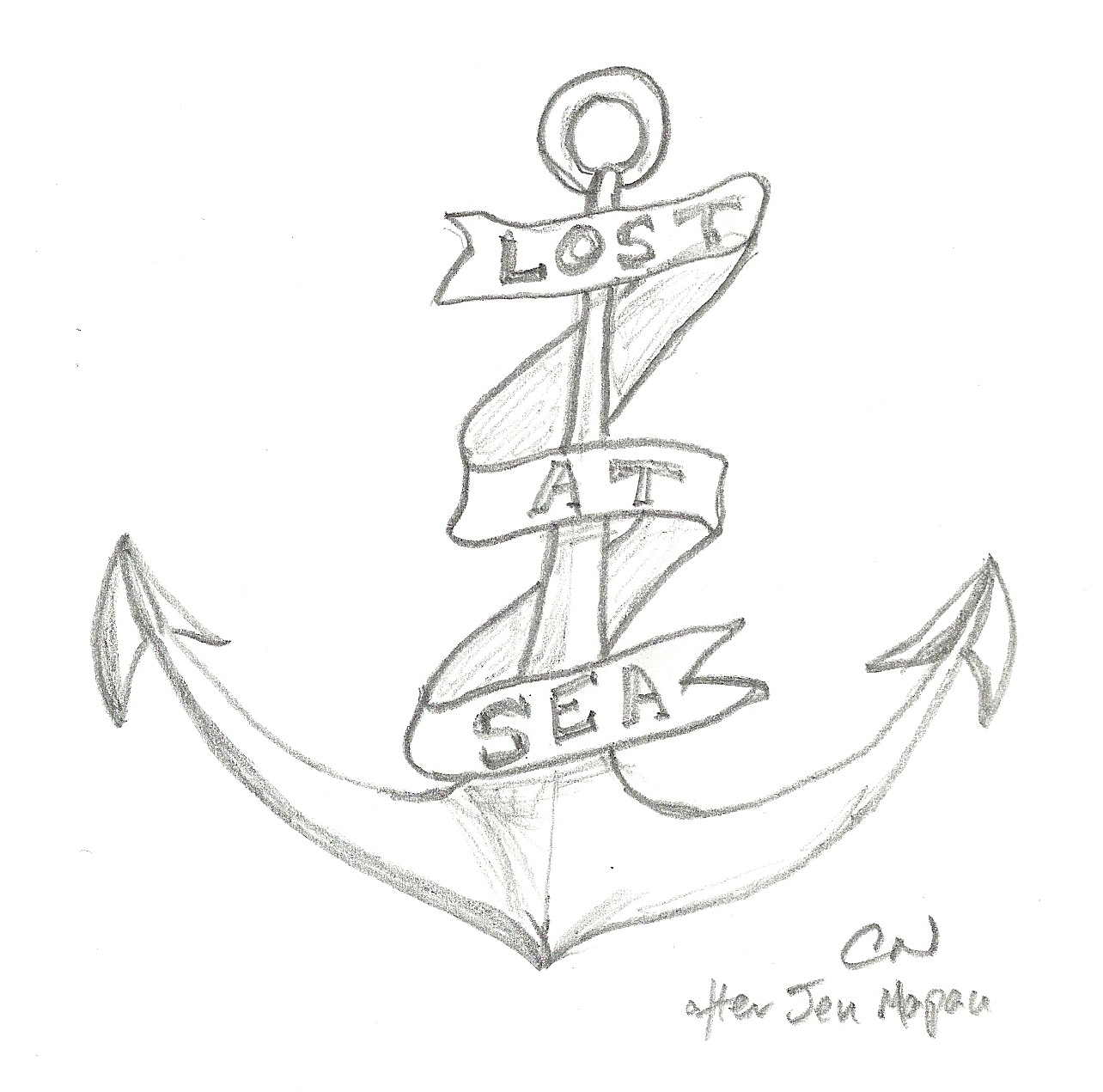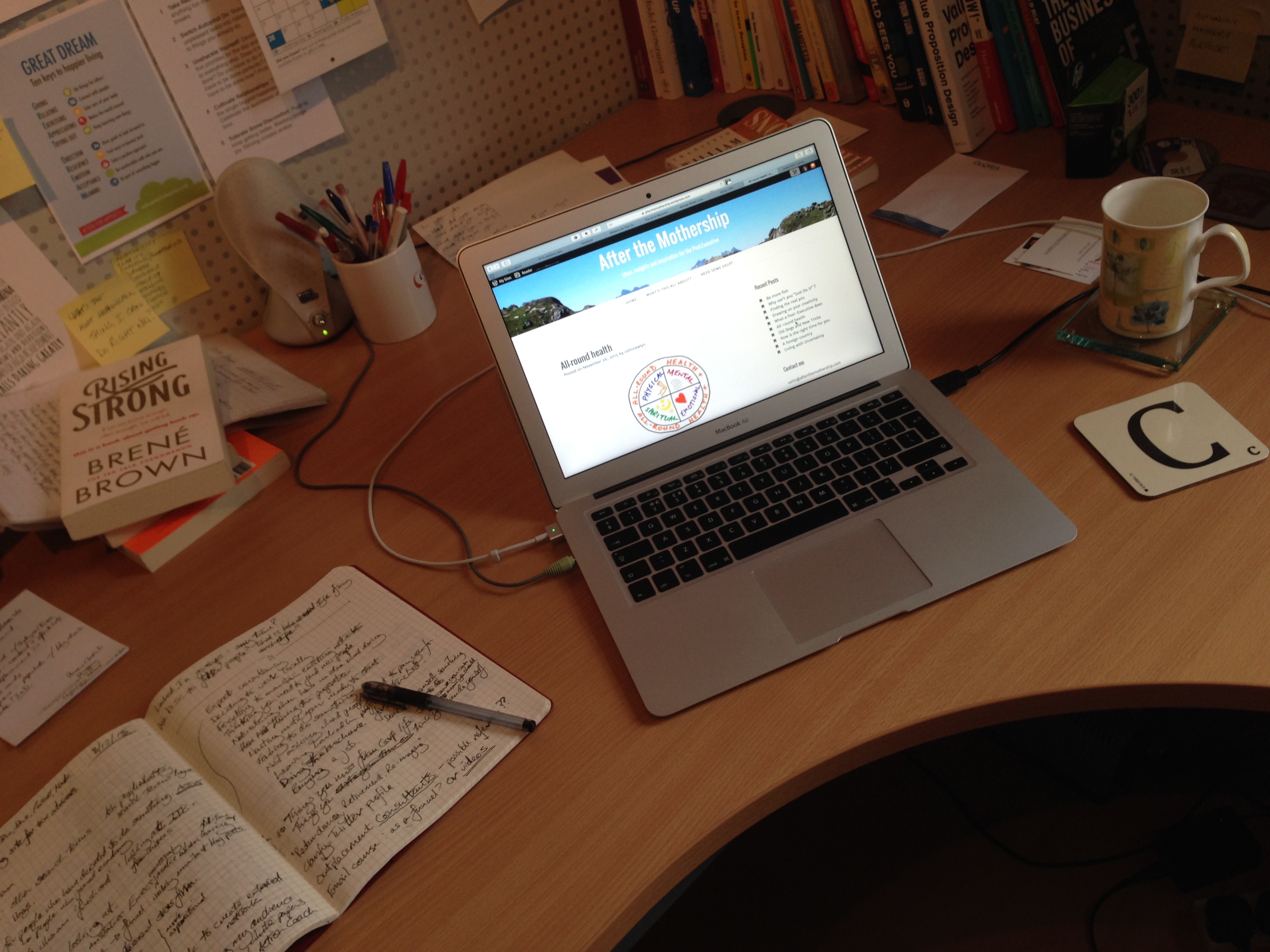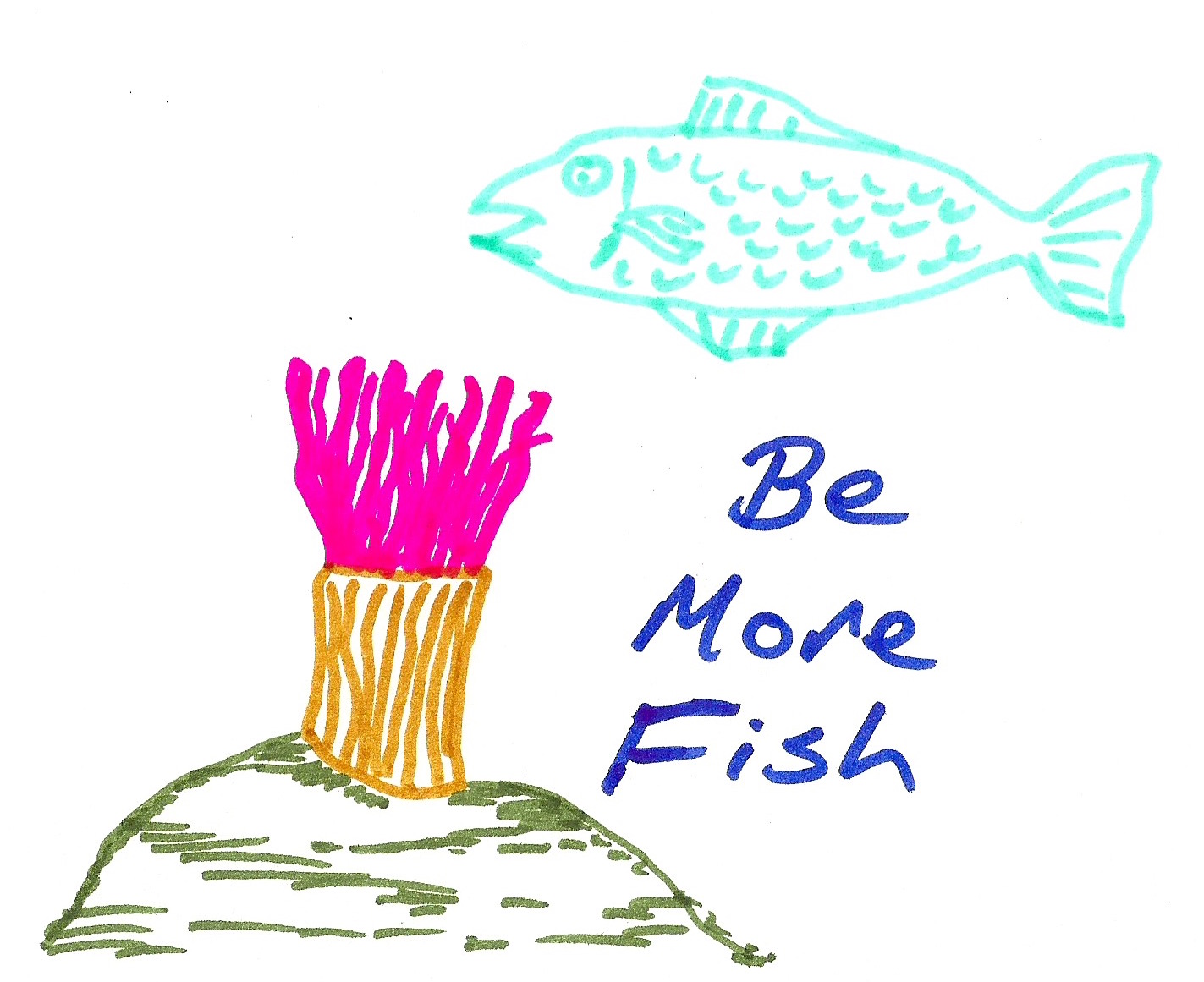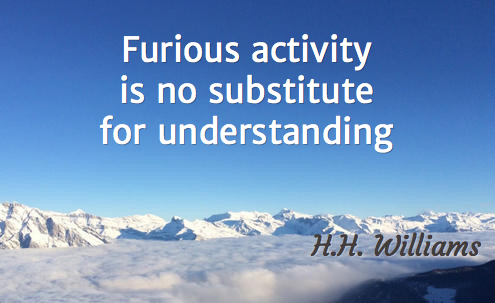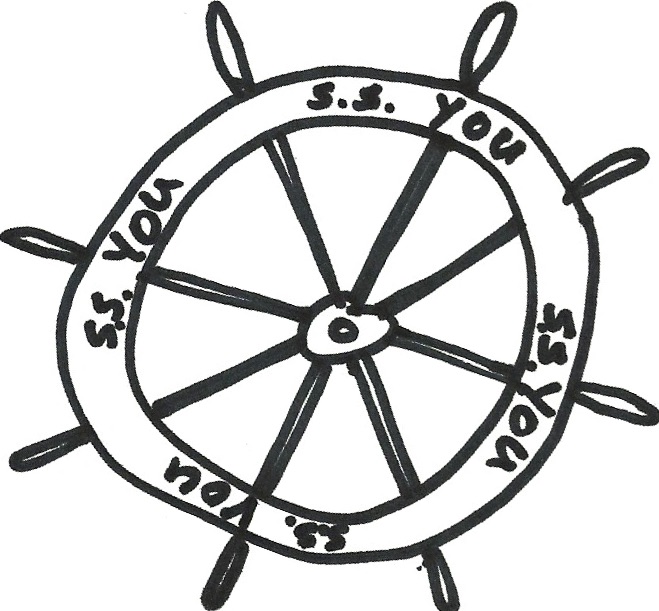Of course, when you leave the Mothership, you know things are going to be different. Your routine will change, you don’t have to get up and commute to an office (hooray!), or go to tedious meetings, or wade through several pointless emails every morning to find the important stuff. Some of these changes are welcome and you may feel a certain lightness of being that you are freed of these chores and the need to conform to other people’s expectations.
What we also feel, though, is a bit lost, a bit adrift. Obviously, you don’t have the regular contact with your colleagues but it’s something more than that. It’s a disconnection, like you are bobbing around in the middle of the ocean with nothing within sight, just the boundless horizon.
The feeling of drifting is quite appropriate because what you are missing are the anchors of your previous life. When you were on the Mothership you didn’t notice all the things around you that gave you feeling of connection, of being grounded, of balance. From the corporate colours that were on everything to the layout of the monthly reports, the mind-numbing tedium of the reporting cycle to the annual appraisal round, the position of your desk in the office to your favourite table in the canteen, these were everyday familiarities that reminded you where you were and what you were there for. These were the unseen anchors in your life that made you feel solid.
Now, all of these have gone. It not surprising you feel a bit rootless, a bit untethered, wandering around somewhat aimlessly. (And yes, you really do miss the corporate colours…)
Over time you will develop new anchors, new routines, and put down new roots. You will start to feel grounded, feel you are connected to something solid and stable. Until then, you are going to have to find a way to live with this disconcerting feeling of floating, whilst you work on re-imagining yourself and finding out what your new anchors need to be. One way to do this is to be more aware of the anchors in other parts of your life, your family, friends, clubs and societies you belong to. Maintaining and cherishing these is very important whilst you work through this stage of uncertainty.
There are many aspects of life on the Mothership that we fail to notice and appreciate and when we leave their loss comes a surprise, which is often confusing and upsetting to us. Having anchors in our life is an important part of maintaining our balance and good mental and emotional health.
